Corruption in Somalia
Overview of Corruption in Somalia:
Corruption poses a significant challenge to Somalia’s progress and development. It permeates various sectors of society, undermining governance, impeding economic growth, and exacerbating poverty. In Somalia, corruption takes many forms, including bribery, embezzlement, nepotism, and fraud. Its detrimental impact is felt throughout the country, hindering the provision of essential public services, eroding public trust, and perpetuating social inequality. To combat corruption effectively, it is crucial to understand its scale and magnitude. According to Transparency International’s Corruption Perceptions Index, Somalia consistently ranks among the most corrupt countries globally. This index reflects the perceptions of corruption within the public sector and paints a concerning picture of the challenges faced.
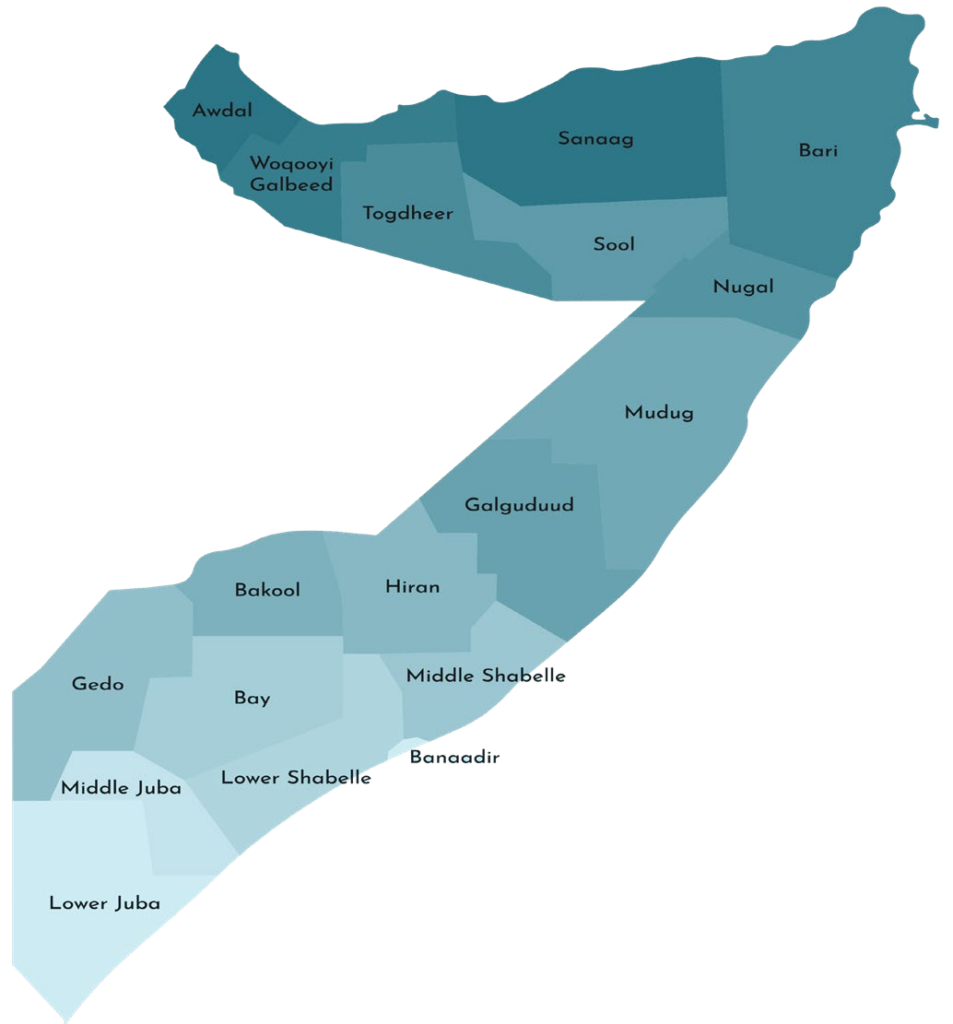
Types and Examples of Corruption in Somalia:
Corruption manifests itself in various ways in Somalia. Bribery, which involves offering or accepting illicit payments to influence decisions or gain unfair advantages, remains widespread. Instances of embezzlement, where public funds are misappropriated for personal gain, have been documented. Nepotism, favoritism, and cronyism also contribute to corruption, resulting in the appointment of unqualified individuals to important positions. Examples of corruption in Somalia are plentiful. They range from public officials demanding bribes for public services to the diversion of humanitarian aid intended for vulnerable populations. These incidents not only drain resources from the public purse but also perpetuate a culture of impunity and hinder the country’s progress towards a transparent and accountable society.
What is the Corruption Perception Index?
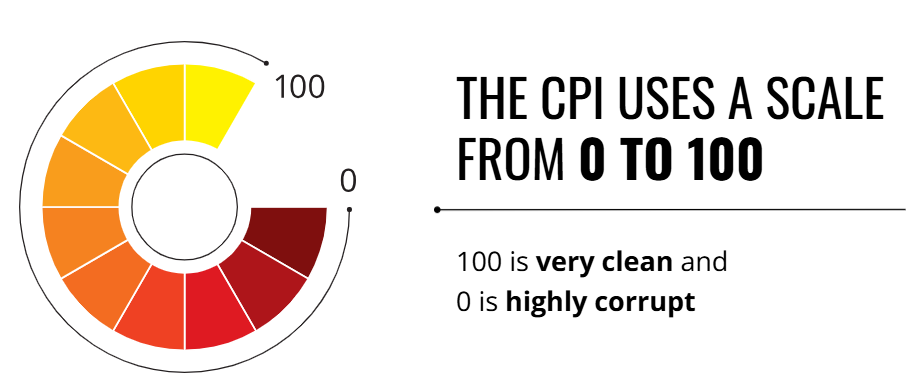
The 2024 Corruption Perceptions Index (CPI) shows that corruption is a dangerous problem in every part of the world, but change for the better is happening in many countries.
Research also reveals that corruption is a major threat to climate action. It hinders progress in reducing emissions and adapting to the unavoidable effects of global heating.
The CPI ranks 180 countries and territories worldwide by their perceived levels of public sector corruption. The results are given on a scale of 0 (highly corrupt) to 100 (very clean).
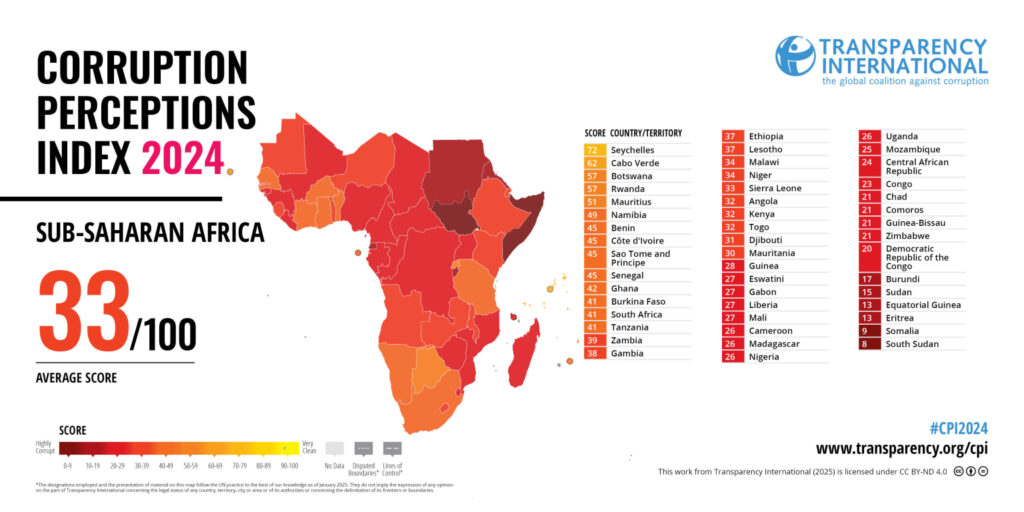
Corruption in Sub-Saharan Africa
- In 2024, the Sub-Saharan African region once again registered the lowest average score on the Corruption Perceptions Index (CPI), at just 33 out of 100, with 90 per cent of countries scoring below 50. Yet amid this very low annual performance, there were African countries that invested in anti-corruption and made remarkable progress.
Somalia Corruption Perception Index
According to the 2024 Corruption Perception Index (CPI), Somalia scored a low 9, placing it among the countries with the lowest scores in Sub-Saharan Africa. This reflects the significant challenges that Somalia faces in combating corruption.
Despite a regional survey ranking corruption as one of the most pressing issues for Africans, the CPI suggests that Somalia has a long way to go in addressing this problem. It is concerning that there has been no sign of improvement in Somalia’s CPI score. Efforts need to be intensified to tackle corruption effectively and promote transparency and accountability in the country.
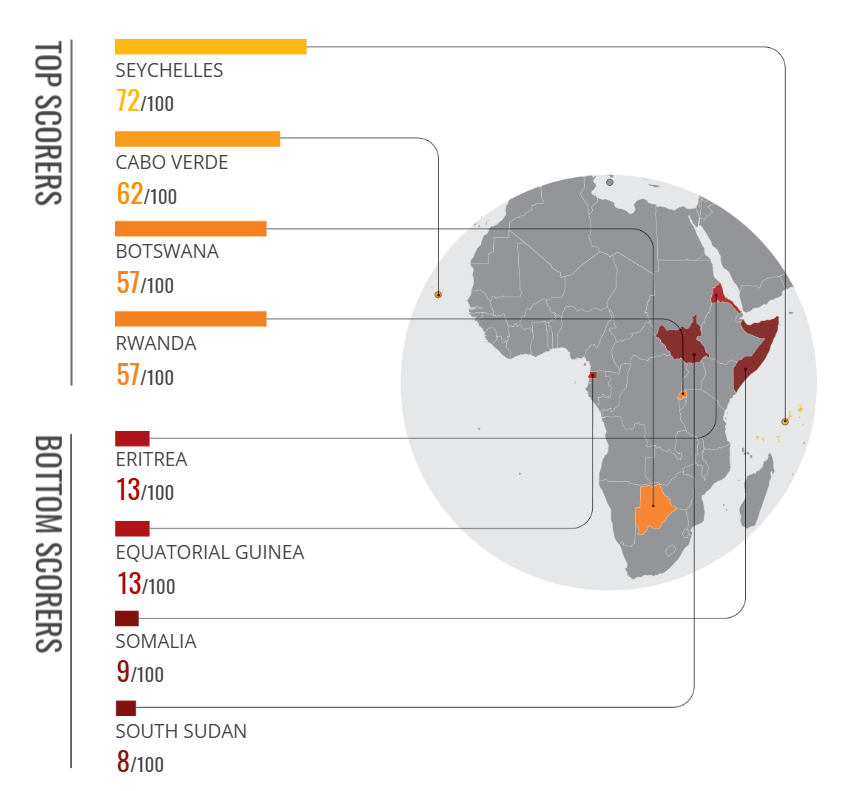
Causes and Factors Contributing to Corruption:
- Corruption in Somalia is rooted in a complex web of causes and contributing factors. Weak institutions, characterized by inadequate legal frameworks, limited enforcement mechanisms, and inadequate checks and balances, provide fertile ground for corrupt practices to thrive. Political instability, fueled by years of conflict and clan dynamics, further exacerbates the problem, making it difficult to establish effective governance structures and enforce accountability.
- The lack of economic opportunities and widespread poverty also contribute to corruption.
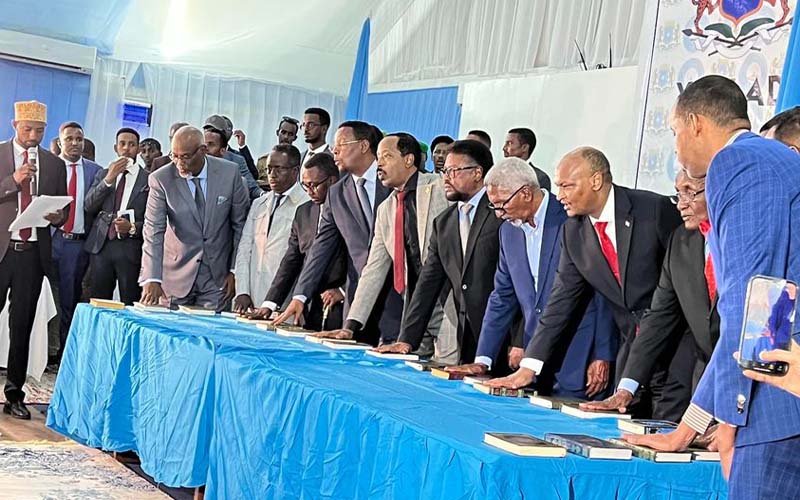
Impact of Corruption on Society
The impact of corruption on Somali society is far-reaching. It hampers economic growth by discouraging domestic and foreign investment, diverting resources away from vital sectors such as healthcare and education. Dilapidated infrastructure, inadequate public services, and compromised social welfare systems are some of the consequences of corruption.
Corruption also undermines trust in public institutions and erodes social cohesion. It perpetuates inequality, as those with connections or resources can bypass legal processes and gain unfair advantages. The most vulnerable segments of society, including the poor and marginalized, suffer the most from corrupt practices, as essential resources meant for their well-being are diverted or misused.
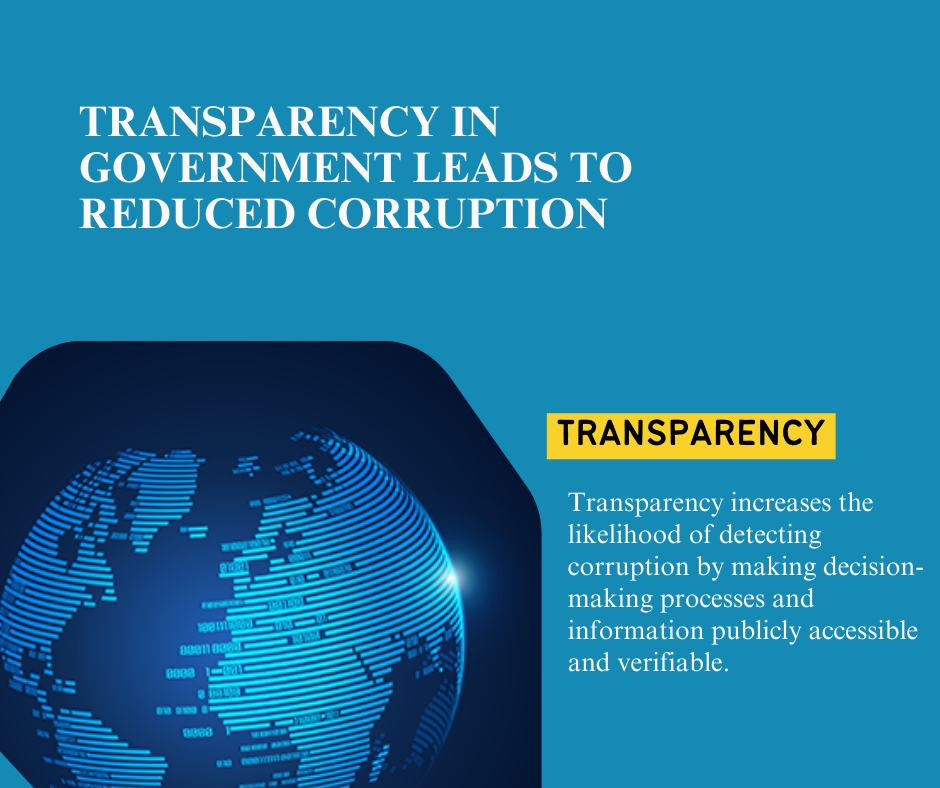
Transparency and Accountability
Transparency and accountability are crucial in curbing corruption and promoting good governance. Access to information, open data, and effective whistleblower protection mechanisms are essential tools in combating corrupt practices. By enhancing transparency, citizens can hold public officials accountable and demand the responsible management of public resources.
Somalia can draw inspiration from successful transparency initiatives implemented in other countries. Embracing technology and digital platforms can facilitate greater transparency in government operations, procurement processes, and public financial management. It is essential to establish robust oversight mechanisms, engage civil society organizations, and encourage active citizen participation to ensure accountability at all levels.
